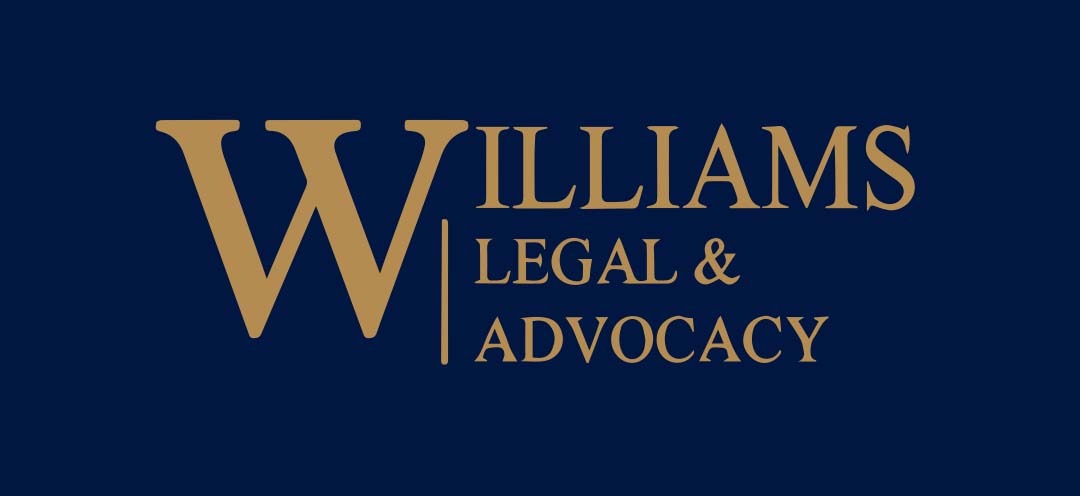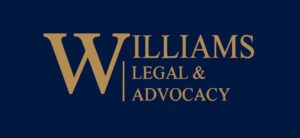Championing Equality and Justice for All
Human rights are the foundation of a fair and just society, ensuring that everyone is treated with dignity, respect, and equality. However, violations of these rights can occur in various contexts, leaving individuals feeling vulnerable and powerless. At Williams Legal Advocacy & Representation (WL&A), we are committed to standing up for individuals whose human rights have been infringed upon. Our Human Rights Advocacy service provides expert guidance and representation to clients, ensuring their voices are heard and justice is served.
What is Human Rights Advocacy?
Human rights advocacy involves protecting individuals from discrimination, harassment, and other forms of unfair treatment. In Ontario, the Human Rights Code protects individuals from discrimination in key areas of life, including:
- Employment
- Housing
- Access to services, goods, and facilities
- Contracts
- Membership in unions or professional associations
Human rights violations can take many forms, such as workplace harassment, denial of accommodations for disabilities, or refusal of services based on race, gender, or other protected grounds. WL&A is dedicated to addressing these injustices and ensuring that our clients receive the protection and remedies they deserve.
Common Human Rights Issues
At WL&A, we handle a wide range of human rights cases, including:
- Workplace Discrimination
Discrimination at work can occur based on race, gender, age, disability, religion, sexual orientation, or other protected characteristics. Examples include:- Unequal pay or promotions
- Denial of reasonable accommodations for disabilities
- Harassment by coworkers or supervisors
- Housing Discrimination
Landlords and property managers are prohibited from discriminating against tenants or prospective tenants based on their protected characteristics. Common issues include:- Refusal to rent based on ethnicity or family status
- Denial of accessibility accommodations
- Denial of Services
Businesses and organizations are required to provide equal access to services, goods, and facilities. Discrimination in this context can include:- Refusal of service based on sexual orientation or gender identity
- Lack of accessibility for individuals with disabilities
- Education Discrimination
Schools, colleges, and universities must provide equal opportunities to students, regardless of their protected characteristics. Violations can include:- Failure to accommodate students with disabilities
- Discriminatory disciplinary actions
How WL&A Supports Human Rights Advocacy
Our team at WL&A is dedicated to providing compassionate and effective support to clients facing human rights violations. We guide clients through every step of the process, ensuring their rights are protected and their voices are heard.
1. Initial Consultation and Case Assessment
Our advocacy begins with an in-depth consultation to:
- Understand the details of the incident
- Identify potential violations of the Human Rights Code
- Determine the best course of action for seeking justice
2. Filing Human Rights Complaints
Filing a complaint with the Ontario Human Rights Tribunal (HRTO) is a critical step in addressing human rights violations. WL&A assists clients with:
- Preparing and submitting applications to the HRTO
- Gathering evidence, including documentation, witness statements, and expert reports
- Responding to requests for additional information from the tribunal
3. Mediation and Negotiation
Many human rights cases are resolved through mediation or negotiation before reaching a hearing. WL&A provides skilled representation during these processes, helping clients achieve fair settlements that address their needs and concerns.
4. Representation at Hearings
If mediation does not resolve the issue, the case proceeds to a hearing before the HRTO. WL&A offers comprehensive representation, including:
- Presenting evidence and legal arguments
- Cross-examining witnesses
- Advocating for appropriate remedies, such as compensation for damages or policy changes
Remedies for Human Rights Violations
The remedies available for human rights violations are designed to address the harm caused and prevent future occurrences. These remedies may include:
- Financial Compensation: For lost wages, emotional distress, or other damages resulting from the violation.
- Reinstatement: In cases of wrongful dismissal or expulsion from housing or education.
- Policy Changes: Mandating organizations to revise discriminatory practices or implement new policies.
- Public Apologies: Acknowledging the harm caused and taking responsibility for the violation.
Why Choose WL&A for Human Rights Advocacy?
1. Expertise in Human Rights Law
WL&A has extensive experience handling complex human rights cases. Our team stays updated on legal developments to provide clients with the best possible representation.
2. Compassionate Advocacy
We understand the emotional and personal impact of human rights violations. Our team provides compassionate support, ensuring clients feel heard and validated throughout the process.
3. Commitment to Justice
At WL&A, we are passionate about fighting for equality and justice. We work tirelessly to achieve outcomes that make a real difference in our clients’ lives.
4. Tailored Strategies
Every case is unique, and we develop personalized strategies to address the specific circumstances of each client’s situation.
Building a More Inclusive Society
Human rights advocacy is about more than resolving individual cases; it’s about creating lasting change. At WL&A, we are committed to:
- Raising awareness about human rights issues
- Promoting inclusivity in workplaces, schools, and communities
- Holding organizations accountable for discriminatory practices
The WL&A Human Rights Advocacy Process
Step 1: Consultation
We assess the client’s case, explain their rights, and outline potential remedies.
Step 2: Documentation
Our team gathers evidence to build a strong case, including correspondence, witness statements, and expert reports.
Step 3: Advocacy and Representation
We represent clients in mediation, negotiation, and HRTO hearings, ensuring their voices are heard and their rights are upheld.
Step 4: Resolution and Support
Once the case is resolved, we provide ongoing support to help clients move forward and prevent future violations.
At Williams Legal Advocacy & Representation, we believe in the power of human rights advocacy to create a fairer and more inclusive society. If you have experienced discrimination, harassment, or any other violation of your rights, our dedicated team is here to help. Contact us today to schedule a consultation and take the first step toward justice.




